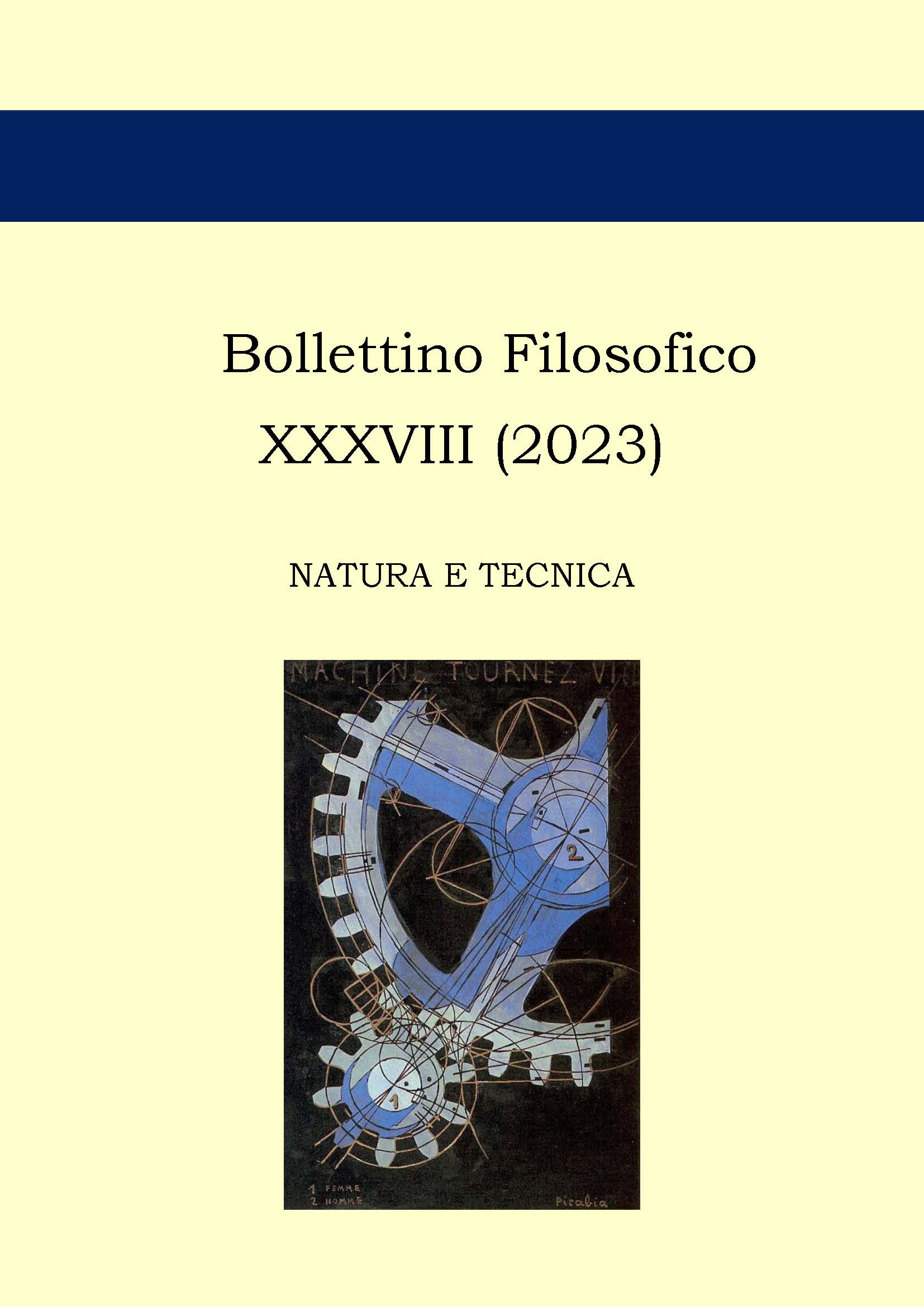La fenomenologia tra analogico e digitale
Abstract
At first glance, talking about digital phenomenology sounds oxymoronic and talking about analogue phenomenology sounds pleonastic. The essay aims to overcome this initial impression. It starts from the thesis that phenomenology is a descriptive science, where description is not an explanation, and not even an explication, but an explicitation of experience. Starting from this basic assumption, two ways in which this explicitation can be realised are identified: the first, static, is grounded on the concepts of determination and characteristic note; the second, dynamic or processual, is grounded on the concepts of disposition and power. These two ways in which phenomenological explicitation can be interpreted will allow us to distinguish between a digital phenomenology (which finds its defining character in the sign) and an analogical phenomenology, the only one capable of returning to things themselves and thereby fulfilling the “principle of all principles”.
Keywords: Determination, Disposition, Experience, Phenomenology, Power
Downloads
Bollettino Filosofico pubblica in internet, ad accesso aperto, con licenza:
|
|
CCPL Creative Commons Attribution |
L'autore conserva il copyright sul suo contributo, consentendo tuttavia a chiunque "di riprodurre, distribuire, comunicare al pubblico, esporre in pubblico, rappresentare, eseguire e recitare l'opera", purché siano correttamente citati l'autore e il titolo della rivista. L’autore, al momento della proposta di pubblicazione, è inoltre tenuto a dichiarare che il contenuto e l’organizzazione dell’opera è originale e non compromette in alcun modo i diritti di terzi, né gli obblighi connessi alla salvaguardia di diritti morali ed economici di altri autori o di altri aventi diritto, sia per testi, immagini, foto, tabelle, sia per altre parti di cui il contributo può essere composto. L’autore dichiara altresì di essere a conoscenza delle sanzioni previste dal codice penale e dalle leggi speciali per l’ipotesi di falsità in atti ed uso di atti falsi, e che pertanto Bollettino Filosofico è esente da qualsiasi responsabilità di qualsivoglia natura, civile, amministrativa o penale, e sarà dall'autore tenuta indenne da qualsiasi richiesta o rivendicazione da parte di terzi.
